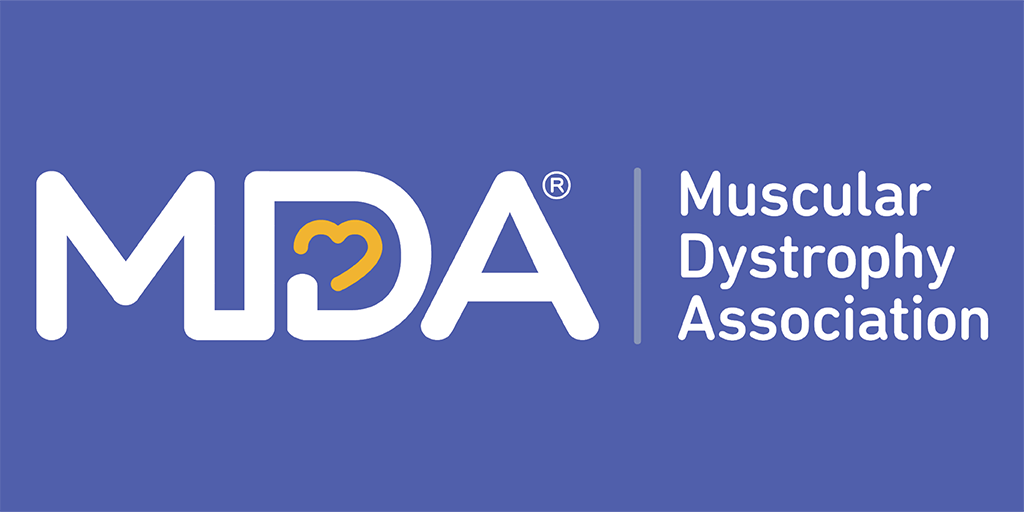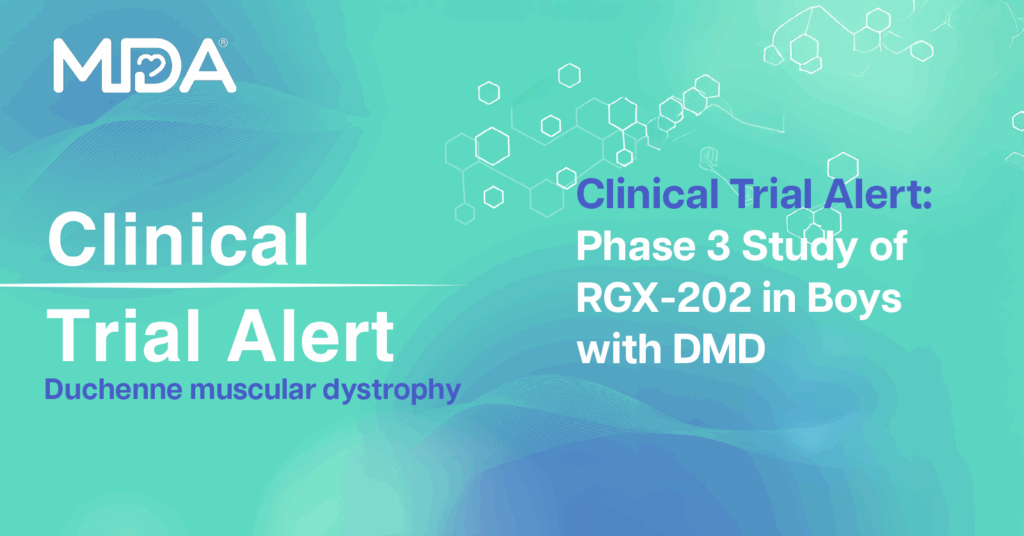
Q&A With SSSI-MDA Fellow and Researcher Adam Bittel
By Jeanene Swanson | Friday, June 21, 2019
Adam Bittel, PT, DPT, PhD, a postdoctoral fellow at Children’s National Medical Center in Washington, DC, was awarded the 2019 SSSI-MDA Fellowship Award. The award, co-sponsored by Strength, Science & Stories of Inspiration (SSSI) and MDA, will provide a total of $40,000 over two years to support Dr. Bittel’s work investigating the cellular mechanisms underlying the effects of exercise in facioscapulohumeral muscular dystrophy (FSHD).
MDA: Please describe your current research.
Dr. Bittel: Individuals diagnosed with FSHD often have many questions about treatment options, prognosis, and how their diagnosis will affect their daily lives, including their ability to participate in sports and recreational activities. To improve or maintain muscle function in FSHD, exercise could be an important, non-invasive treatment option. While exercise is known to improve muscle health and metabolism in other forms of muscular dystrophy, there are very few studies assessing the effects of exercise in individuals with FSHD. We are interested in both understanding how exercise affects skeletal muscle in FSHD and identifying the key cellular events contributing to those responses. To do this, we are using a mouse model of FSHD (the FLExDUX4 mouse) that will allow us to 1) carefully control the exercise stimulus, and 2) probe multiple cellular processes without the need for patient biopsies or blood draws.
What inspired you to study the role of exercise in the treatment of FSHD?
Physical therapists play a large role in the lifelong treatment of many neuromuscular diseases. Often, these treatments are complicated by the challenges presented by genetic diseases, especially in skeletal muscle where tightly controlled patterns of gene expression are needed for muscle repair and regeneration. Clinically, I have worked with several patients with muscular dystrophy and was struck by the profound impairments these patients face daily. I was also surprised by the lack of scientific evidence for many of the exercises I was prescribing for them, leaving me with many questions about muscle diseases and the role of exercise in their treatment.
During my doctoral studies, I explored how exercise influences multi-organ metabolism in metabolic syndromes as well as a genetic disease affecting skeletal and cardiac muscle (Barth syndrome). This work demonstrated that while changes in metabolism are important, skeletal muscle adaptations are also affected by genetic and epigenetic factors that regulate gene expression. The role of these genetic and epigenetic factors in the response to exercise (bad and good) could be key to developing focused, targeted, and effective exercise prescriptions for multiple clinical populations. As a disease defined by a number of incompletely understood epigenetic modifications, FSHD provides a unique model to study the role of gene regulation and epigenetics in muscle health and exercise adaptation. Therefore, I pursued postdoctoral training to further explore how exercise affects skeletal muscle in this complex disease.
What is your focus in the field of FSHD research?
In this line of research, we aim to identify how aerobic exercise training changes skeletal muscle as well as the molecular transducers of those changes. Specifically, we are focusing on changes in gene expression in key pathways that regulate the adaptive response to training. This includes genes involved in muscle regeneration, growth, hypertrophy, oxidative stress, and inflammation, among others. We will also characterize changes in muscle strength, mitochondrial ATP production, oxidative stress, fiber type and size, and satellite cell content to further elucidate the pattern and magnitude of muscle responses to aerobic exercise.
Why is your focus important?
In order to reach the best outcomes, exercise prescriptions for FSHD need to be individualized and targeted. However, the creation of targeted exercise prescriptions for FSHD cannot be achieved if we do not know what to target or how exercise can be tailored to the underlying cause of FSHD. There are few studies assessing the effects of exercise on skeletal muscle in FSHD, and current recommendations are made tentatively. Therefore, it is necessary to characterize skeletal muscle adaptations to aerobic exercise and identify the molecular transducers of these changes to provide foundational evidence for future studies and recommendations.
What is the expected outcome of this research?
We anticipate that this research will begin to identify key targets for exercise intervention in FSHD skeletal muscle. To do this, we propose that the training results will help identify pathways that do and do not respond to training as well as pathways that respond normally or abnormally in FSHD muscle, which could contribute to the generation of new therapeutic approaches for FSHD. In many conditions, such as aging and obesity, even small amounts of exercise can significantly improve quality of life. We believe this research will provide a basis for the progression toward targeted and individualized exercise recommendations for individuals with FSHD.
How will your research lead to treatments?
We anticipate using data regarding changes in muscle function and architecture to identify genes and gene pathways that have a major influence on the pattern and magnitude of training responses in FSHD. Overall, these insights will 1) further clarify the complex pathophysiology of this disease (and may help identify novel therapeutic targets), and 2) provide needed information for the creation of targeted exercise prescriptions for FSHD.
Disclaimer: No content on this site should ever be used as a substitute for direct medical advice from your doctor or other qualified clinician.




